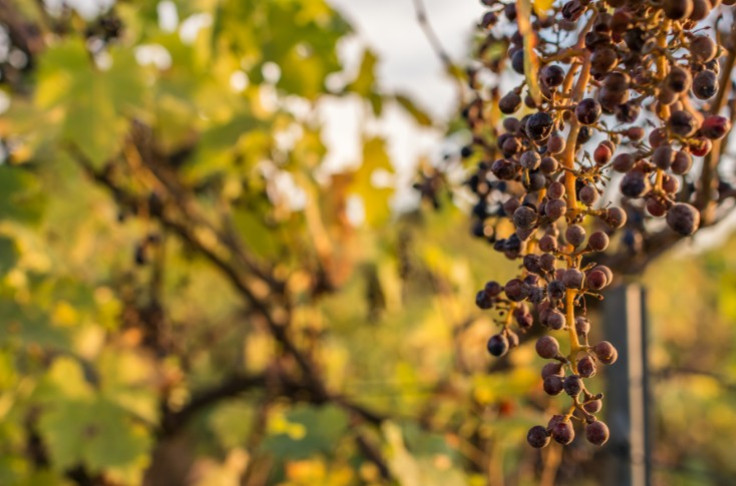90% of vineyards in Southern Europe will no longer be profitable by the end of the century

bout 90% of traditional wine regions in coastal and lowland regions of Spain, Italy, Greece and southern California could be at risk of losing their ability to produce quality wine with economically viable yields by the end of the century, if global warming exceeds 2°C.
“Unlike Southern France, Spain, Italy and Greece, which suffer from excessive drought and more frequent heatwaves with climate change, warmer temperatures might increase suitability for other regions like Northern France, Washington State, Oregon and Tasmania, and are driving the emergence of new wine regions in Belgium, the Netherlands and as far as Denmark”, are the findings published in Nature by Inrae, Bordeaux Sciences Agro, the CNRS and the universities of Bordeaux and Burgundy, after reviewing over 250 publications spanning 20 years.
The scientists have produced the probable world map of winegrowing in the future based on the consequences of changing temperature, precipitation, humidity, radiation and CO2 levels. They claim that present-day winegrowers will be able to adapt in areas where global warming does not exceed 2°C by choosing grape varieties and rootstock that are more resistant to drought and by favouring vineyard management techniques that offer better protection for water in the soils, such as wider spaces between vine rows and changes designed to limit erosion.






